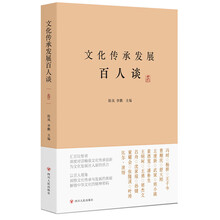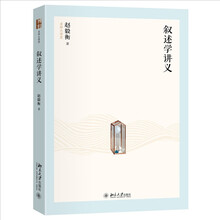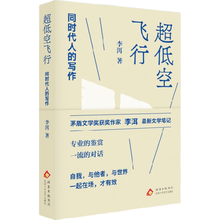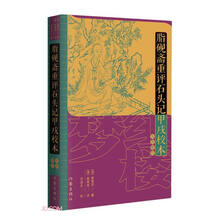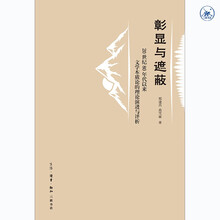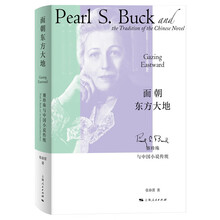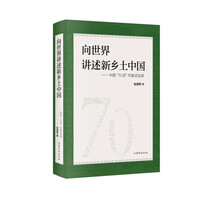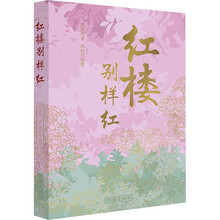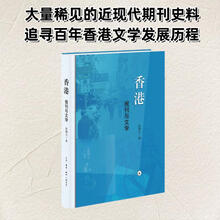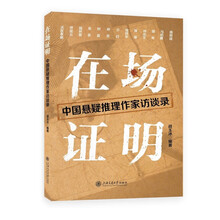Runaway
By Tie Ning
Over twenty years ago Mr. Song arrived from a mountainous corner of northern China into this city, and into this opera troupe.
At that time, urban residents had begun to store Chinese cabbages for the purpose of their daily needs, but also in response to the government's call. People therefore also called the trade in Chinese cabbage as buying "patriotic vegetables." When Chinese cabbage was launched on the market in the winter, all households bought enough to feed themselves until the early spring of the new year. This relationship between the vegetable market and residents at that time could be seen through scenes of vegetable growers distributing these "patriotic vegetable" in vehicles of all sizes to every household.
One day at dusk, a relative took Mr. Song to meet the head of the troupe. A cart with rubber tires had stopped at the door, as the head of the troupe was unloading Chinese cabbages, which were weighed and stacked against a wall up to waist height, weighing at least at three to four hundred kilos in total.
逃跑
铁凝
二十多年前,老宋从北部山区来到这个城市,这个剧团。
那正是城市居民储存大白菜的时代,储存大白菜半是生活需要半是政府号召,因此买大白菜还有一种买“爱国菜”的名义。冬天,大白菜下来了,各户都要买回足够全家吃到来年开春的大白菜。那时的蔬菜市场和居民的关系,就是菜农用大小车辆把“爱国菜”送至各家各户的关系。
一个黄昏,老宋被亲戚领到团长面前。团长正在卸大白菜,一辆胶轮大车正停在单元门口。白菜刚被过完秤,码成齐腰高的一堵墙,少说也有七八百斤。待团长给菜农数完钱,打发他离去,亲戚才对老宋说,这就是团长;又对团长说,这就是老宋。团长不在意地答应一声,只一个劲儿地打捋他的“爱国菜”,显然他是在琢磨怎样尽快把它们运上楼去。老宋看出了团长的意思,问了声:几楼?亲戚替团长回答说四楼。老宋便说:叫我吧。像很多北部山区的人一样,老宋把“我”说成“饿”。说完,他左右开弓地夹起四棵菜就往楼上走。亲戚和团长站在楼前聊起天,谁也不去理会老宋的搬菜运动。当他们再次注意到老宋时,白菜已被搬运一空。这时团长才想到请亲戚和老宋上楼坐坐。他们上得楼来,见白菜正好被码放在团长想要码放的地方--无非是楼梯一侧,门的两旁。
……
展开

